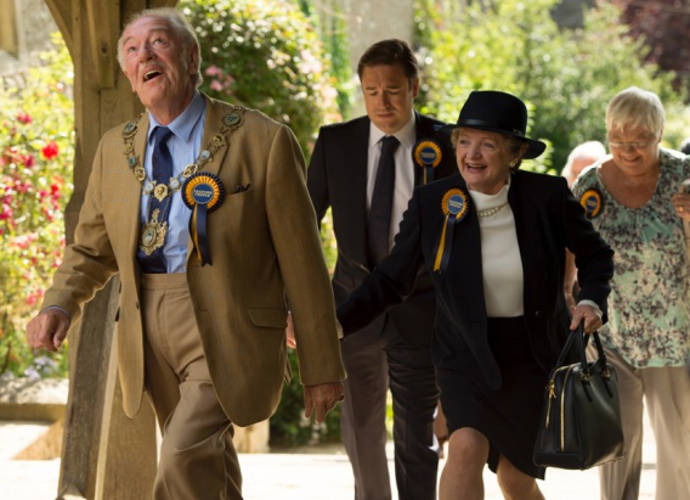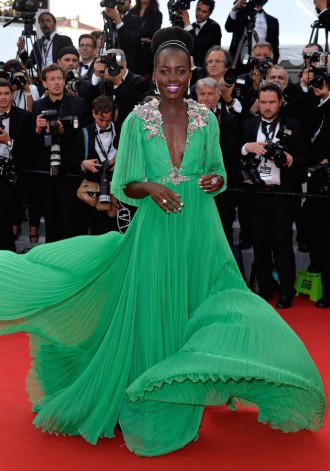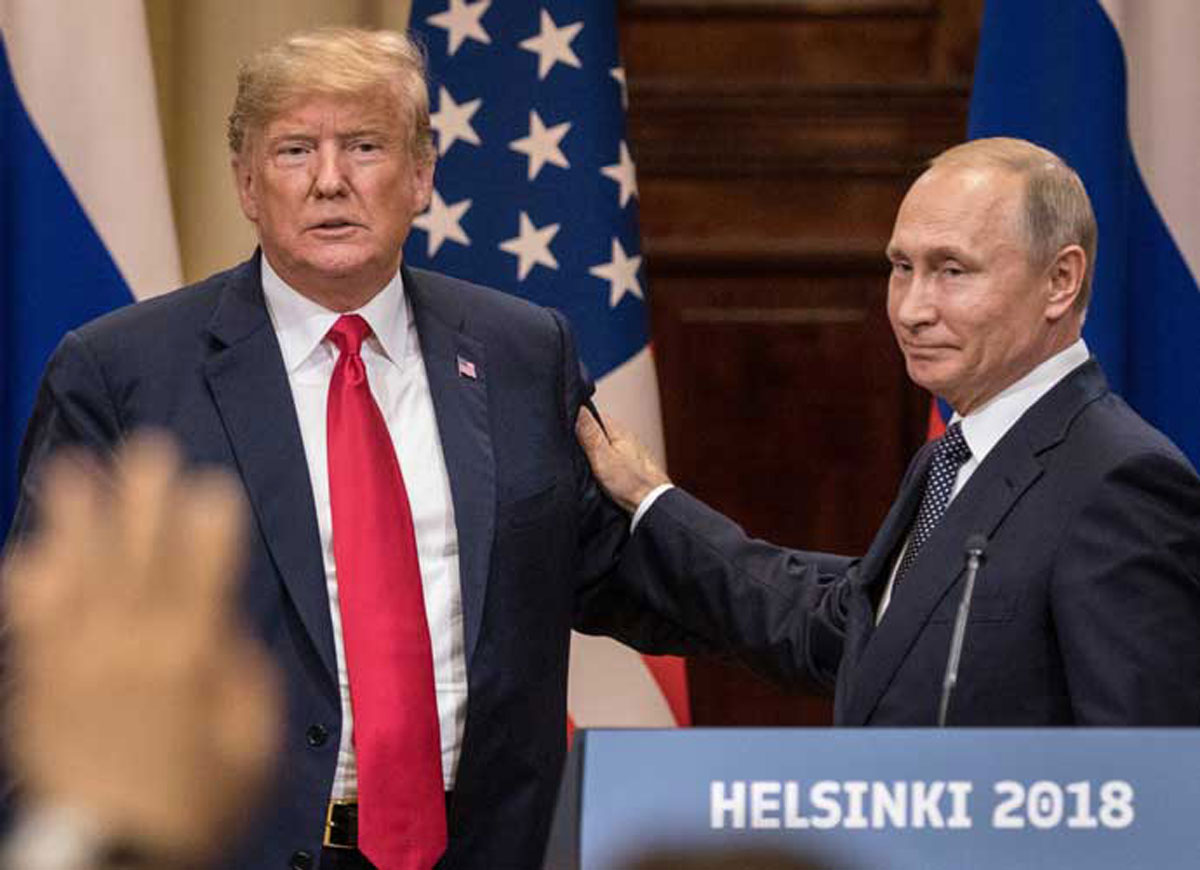‘The Casual Vacancy’ Review: J.K. Rowling Adaptation Tackles Politics In English Village

3/5
In The Casual Vacancy, an HBO/BBC three-part miniseries adaptation of J.K. Rowling’s coolly received first post-Harry Potter novel, the dark forces threatening the idyllic English village of Pagford are not of a magical variety but ones created solely by us Muggles – neoliberalism, austerity, economic inequality, classism, domestic violence, drug addiction, adult ineptitude and adolescent rebellion. The series attempts to tackle a host of issues that have come to define Western society and politics in the 21st century through the microcosm of an insular English town sharply divided along lines of class. At times, it is interesting, even insightful, and it is often entertaining in its skewering of the small-minded hypocrites running the town and portrayal of its teenage characters. However, by the end the series gets somewhat buried under the weight of its own didactic nature, a large cast of underdeveloped or one-dimensional characters, and a bait-and-switch tragic ending that lacks imagination or emotional impact.
‘The Casual Vacancy’ Review
The story begins with beautifully rendered images of the Pagford landscape – sprawling fields of grass, sheep grazing peacefully – suggesting a rustic environment free from urban decay. But behind the bucolic veneer is a town beset by the same social ills facing the rest of the developed world and the resulting political conflict between those who would like to hasten the trend of segregating the haves and the have-nots and those with a more communitarian, egalitarian social vision. This conflict is presented in the form of the town’s parish council, where successful grocer Howard Mollison (Michael Gambon), strongly supported by his wife Shirley (Julia McKenzie), verbally spars with Barry Fairweather (Rory Kinnear) over the fate of the Sweetlove House, some prime real estate donated to the town long ago by an upper-crust family, that Howard wants to convert from a community center providing vital social services and addiction treatment into a luxury spa, which Barry bitterly opposes. Barry is able to prevent Howard’s cynical maneuvering by swaying the vote with his impassioned rhetoric, but he soon dies unexpectedly of an aneurysm and his council seat is suddenly up for grabs – a casual vacancy has appeared.
The series starts strongly enough, as it establishes a strong sense of place and subverts the viewers’ expectations by quickly eliminating our initial protagonist, an honorable and forthright champion of high ideals – shades of Ned Stark, anyone? – and throws both the audience and the townspeople into a community that has lost its only leader with any true moral authority. This vacuum is set to be filled by either Howard’s son Miles Mollison (Rufus Jones), a cipher of a character who exists only as a puppet for Howard’s ambitions, much to the consternation of Miles’ sassy, semi-alcoholic wife Samantha (Keeley Hawes), Colin Wall (Simon McBurney), a hapless school headmaster who Barry’s supporters line up behind though it’s clear he lacks the courage of his convictions, or Simon Price (Richard Glover), Barry’s half-brother and a cartoonish, maniacal control-freak who brutally dominates his wife and sensitive son, Andrew (Joe Hurst), who has a secret crush on the new girl in town and is best friends with Stuart Wall (Brian Vernel), Colin’s rebellious, pot-smoking son.
With only three hours to work with and such a large cast of characters, most of whom are unlikeable or uninteresting or both, and somewhat disparate plotlines, the series relies heavily on the gleefully villainous Michael Gambon and Julia McKenzie for satirical laughs, flashbacks of Barry to show us what a good man looked like in Pagford, and it pegs the entirety of the viewer’s emotional investment on the story of Krystal Weedon (Abigail Lawrie), an externally tough but internally traumatized adolescent who is forced to be her younger brother’s primary caretaker, since her mother Terri (Keeley Forsyth) is a chronic heroin addict. Krystal is one of the few fully realized, complex characters featured here, and Ms. Lawrie does a fine job of portraying her nuances and turmoil. Through flashback scenes with Barry, we learn how he mentored Krystal and sought to put her on a path toward a better life than her mother, which puts his death in a more personal context. Yet, when her story and the election plot converge in the final act, the consequences are utterly predictable and the air completely goes out of her story as one begins to suspect her character was nothing more than a narrative device to demonstrate the series’ heartfelt but heavy-handed political message in a palpable, tear-jerking manner for the audience. This is my main problem with the series – though I largely agree with the political/social critiques underlying the work, the accompanying story and set of characters just don’t end up succeeding on their own merits, perhaps with the exception of Gambon and McKenzie’s characters. It ends up feeling like a not-so-subtle piece of agitprop that kind of reminded me of the well-intentioned stories I used to write in college after first discovering Noam Chomsky and Howard Zinn.
That being said, there is just enough compelling material and performances and moments of genuine humor and pathos to hold one’s interest until the garish ending of The Casual Vacancy. If you end up having a casual vacancy in your summer schedule and need to fill up three hours, there are definitely worse shows you could turn to.
RELATED ARTICLES
Get the most-revealing celebrity conversations with the uInterview podcast!


 Click here for the Cannes Film Festival 2015: Best Dressed Slideshow
Click here for the Cannes Film Festival 2015: Best Dressed Slideshow



Leave a comment